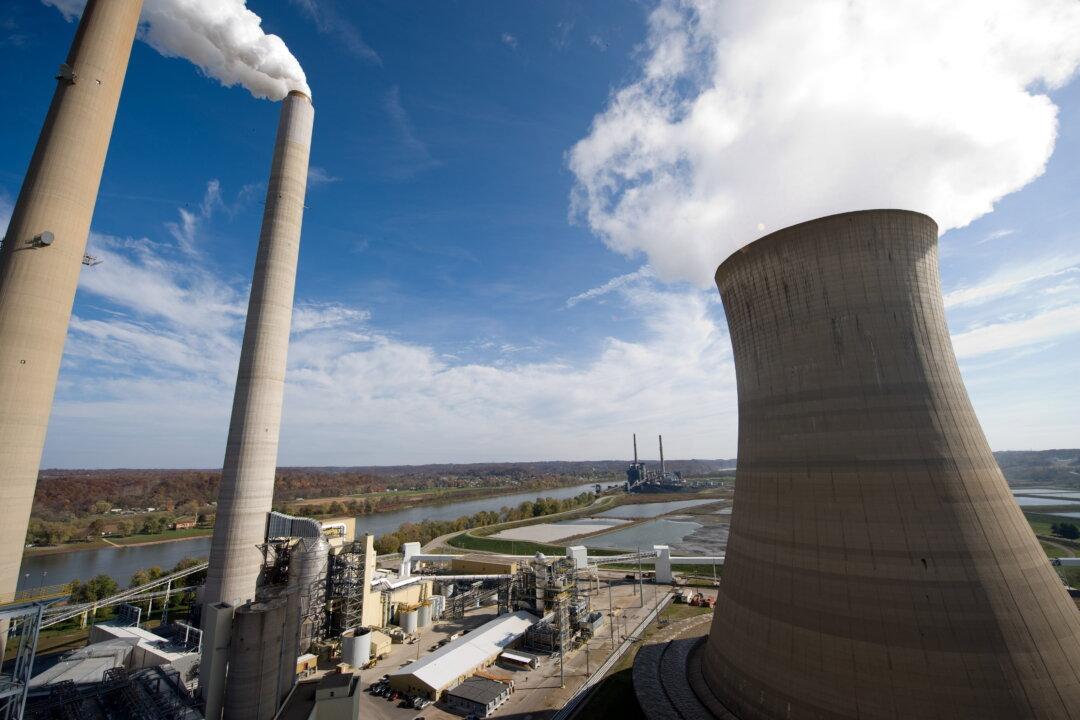West Virginia and 18 other states are asking the Supreme Court to review the scope of the Environmental Protection Agency’s regulatory authority over greenhouse gases after an appeals court struck down a Trump-era rule months ago on carbon dioxide emissions from coal-fired power plants.
“The case, if granted, would be the biggest climate question to reach the Supreme Court in more than a decade,” according to Bloomberg Law. In Massachusetts v. EPA (2007), the Supreme Court gave the agency the power to regulate greenhouse gases.





